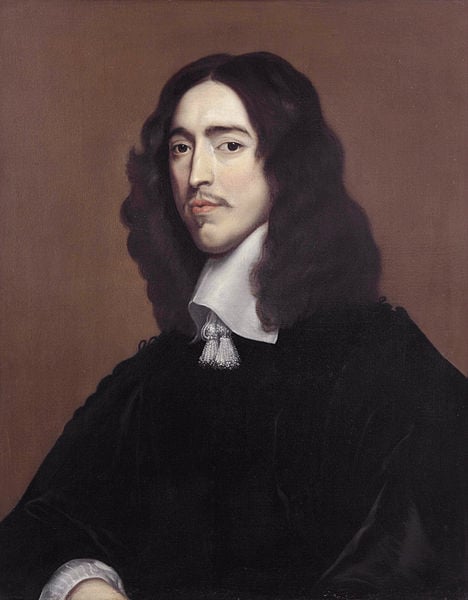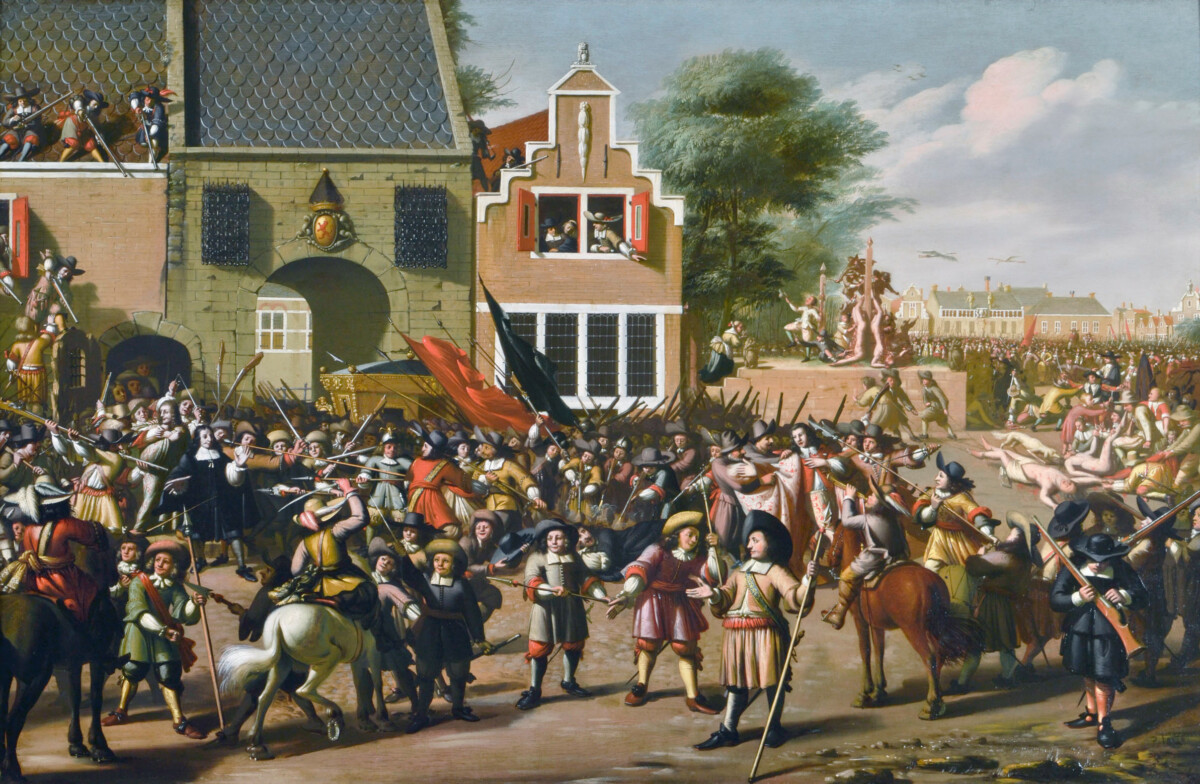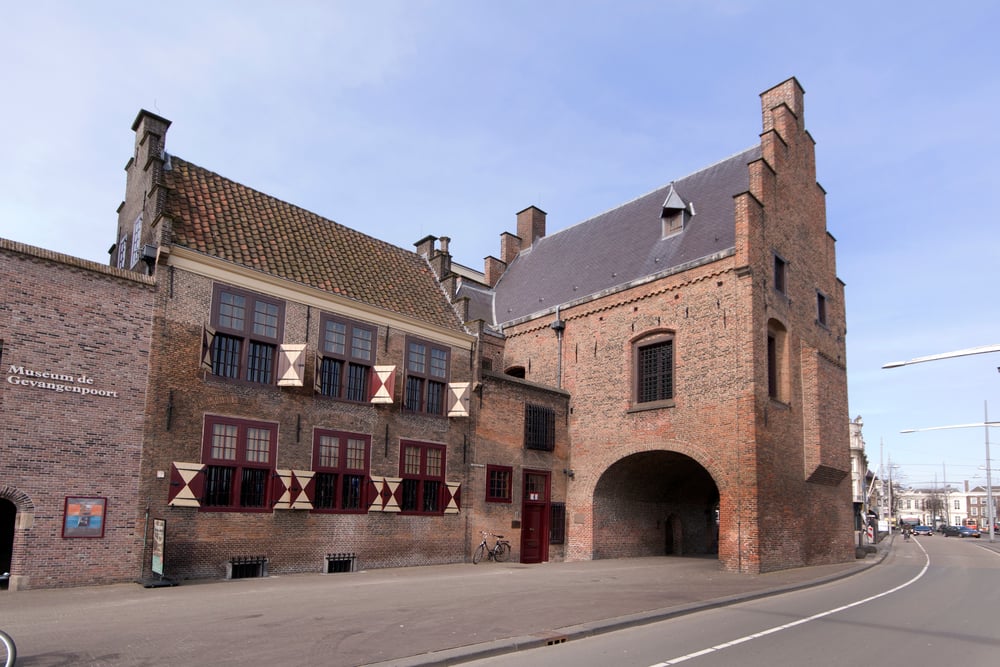The Dutch may seem civilized now, but anyone with some knowledge of European history knows that was not always the case.
Europe, including the Netherlands, was not an easy place to live in back in the day. The continent was ravaged by wars, conflicts, and assassinations — a complete geopolitical mess.
One story from the past that best exemplifies this is the tragic tale of Johan de Witt, an especially dark chapter in Dutch history.
Historical background
In 1672, the Netherlands (known as the Dutch Republic at the time) was involved in a war with England, France, and the two German cities of Cologne and Münster.
This year would enter the Dutch history books as the Rampjaar (Disaster Year), which marked the end of the Dutch Golden Age.
The Rampjaar even has its own slogan: “het volk was redeloos, de regering radeloos, en het land reddeloos.” Translated to English, it means, “the people were irrational, the government helpless, and the country beyond salvation.”
What a stressful time to be alive. Or, worse yet, what a stressful life to be leading a country.
READ MORE | The history of the Dutch national anthem: the Wilhelmus
Johan de Witt was the (unlucky) Prime Minister at the time. For almost 20 years, he was one of the only non-royal leaders in all of Europe.
This displeased many Dutch citizens who disliked him and would have rather seen the famous William III of the House of Orange-Nassau take office. The House of Orange was the closest thing the Republic had to a royal family at the time.

Johan de Witt, on the other hand, represented Republican interests alongside a strong and wealthy merchant class.
The De Witts have governed the city of Dordrecht since medieval times, and the powerful family holds high political positions throughout the Netherlands.
For example, Johan’s brother Cornelis de Witt was a highly-ranked marine officer and governor of Dordrecht.
The (violent) downfall of Johan de Witt
On June 21 of the Rampjaar, an assassin stabbed De Witt, hurting him gravely. De Witt then resigned from his 20-year-long leadership, but the people conspiring against him were not yet satisfied.
At the same time, his brother Cornelis was arrested for treason, taken to a prison in The Hague (now a museum — more on that later), and tortured.
As it was the custom at the time, torture was just a normal part of imprisonment, used as a means to force a confession out of those convicted.
READ MORE | Myths about Dutch history and the truth behind them
Sure, it didn’t really matter if the confession was true or not — as long as the person confessed to whatever, the torture was considered justified.

Being a strong lad and not intending to conspire against his own brother, Cornelis refused to confess. He was sentenced, however, to exile.
Johan went to the prison to help his brother to prepare for the trip. As they both departed, they got captured by a militant mob, which shot both of them and then left them to the crowds.
The crowds did what crowds do best: lose all sense or sanity. According to some reports, the two brothers were stripped naked, mutilated, and had their livers removed and eaten.
@dutchreview Remember that time the Dutch ate their prime minister? #fyp #dutchreview #dutchhistory #dutchfunfacts #crazydutchfacts #netherlands #nederland #holland ♬ original sound – DutchReview
It’s important to note that crowds always liked to pick a souvenir back in the days of public lynchings. Maybe pop some teeth off and put them in your pockets, or perhaps a finger or two.
Heck, why not be a legend and take the whole arm? Sure, eating the liver sounds a bit intense, but hey, war makes people do desperate things.
It’s unknown whether William III of Orange was involved in the assassination. Whatever the case, he wasn’t the one eaten by the crowd, so it must have been a win-win situation for him.

Nowadays, curious visitors can go to the prison where Cornelius was tortured. It’s called Gevangenpoort, and it’s now a museum in The Hague. Part of it is dedicated to its glorious prison days, and part of it acts as a refurbished art gallery.
It is situated right next to the square where both the brothers were killed, and you can even find a commemorative statue of Johan de Witt there, in a more dignified state than during his final moments.
Have you heard of this dark chapter in Dutch history before? Let us know in the comments!
Feature Image: Hague Historical Museum/Wikimedia Commons/Public domain

I have heard this story all my life, it is the story of my family ancestors.
Ya don’t say..
I’ve never heard that story before, but that’s probably because I’m a Western Australian. I do know a lot more about the earlier connections this part of the world has with the Dutch through historical figures such as Willem de Vlamingh and Dirk Hartog and, of course, the infamous Batavia mutiny. It’s a bit odd that children on our west coast are taught about the early Dutch explorers whereas kids from the east all think Captain Cook discovered Australia!
William of Orange was already death lmao. It was his son: Maurits of Orange;)
Hey null, Thank you so much for pointing it out! We actually do mean William of Orange. But William III of Orange and not the original Willem van Oranje who defeated the Spanish. We adjusted the article to make it a bit more clear 🙂
Super interesting
Wow what a story, and so well written. Concise and captivating. Well done and thanks!
“There are only two things I can’t stand in this World… people who are intolerant of other people’s culture. And the Dutch.”
Makes 100% sense now.
Point is… fuck with people too long and your ass is going byebye
I never heard of this, but an end befitting a tyrannical politician.
Whilst often thinking about the untimely demise of many of these swamp creatures, I cannot stomach the idea of choking down my pound of flesh. Hell, I wouldn’t even wish that on a dog! But, the dog’s keen sense of smell would pick up the fact that there was something very wrong with this meat.
The elite has always been fucking the working class people and the Dutch government is just as bad as the elite…
Damn straight. Dem Dutch don’t f’@round … still like the French and most of europe they lost two world wars or 1 world war twice.
It must have been a very sad time for Netherlands. I was wondering how accurate the movie The Admiral was?
Thank you for some information on you rich history.
Learning this for the first time.And what a shock therapy to leaderships!
Is that where the original finger buffet comes from?